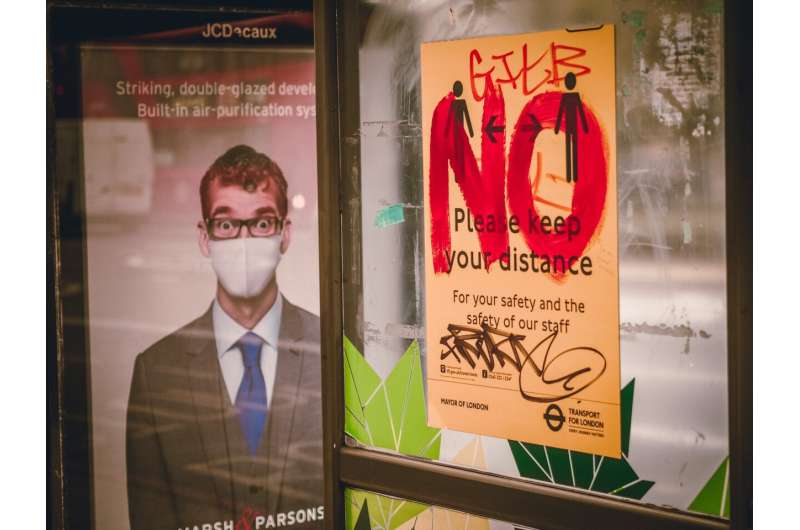
People who were struggling financially before the pandemic are more than twice as likely, compared to people who were already living comfortably, to say they are now even worse off, find UCL researchers as part of the COVID-19 Social Study.
Among people who were finding it difficult before the pandemic, 55 percent said in October 2021 they were worse off than before the pandemic, compared to 19 percent of people who were living comfortably before the pandemic.
The study found that people who were living comfortably before the pandemic were also most likely to say they were now much better off.
Launched in the week before the first lockdown started, the ongoing UCL COVID-19 Social Study is funded by the Nuffield Foundation with additional support from Wellcome and UK Research and Innovation (UKRI). It is the UK’s largest study into how adults are feeling about the lockdown, government advice and overall wellbeing and mental health with over 70,000 participants who have been followed across the last 84 weeks.
Lead author Dr. Elise Paul (UCL Institute of Epidemiology & Health Care) said: “These widening disparities are cause for concern, as we have been finding throughout the pandemic that people with low household incomes report higher levels of depression and anxiety symptoms, and loneliness, and lower levels of life satisfaction and happiness. People on lower incomes have also reported worries about being able to access sufficient food. This may not have always been due to the pandemic, as Brexit and petrol problems have also been contributing factors this year.
“Many people on lower incomes have been hit hard by economic impacts of lockdowns, particularly those whose employment may have already been precarious, while many people on higher incomes have been less affected and may have been more likely to work remotely. In many ways, the impacts of the pandemic have not been shared equally, so recovery plans need to prioritize lifting up all groups of people who have been struggling over the last year and a half.”
The study has also found that the proportion of people concerned about catching or becoming seriously ill from COVID-19 has been increasing somewhat over the past several months and is now similar to what it was in February 2021, at 34 percent. Women and people with a physical or mental health diagnosis continue to be more worried about the disease.
Confidence in the government’s ability to handle the pandemic has been decreasing in England over the past six months and is now similar to autumn 2020 levels and is lower in England than in Scotland or Wales.
The researchers also found that compliance with COVID-19 guidelines is at an all-time low; while majority compliance was reported by 84 percent of respondents, only 32 percent reported complete compliance.
Source: Read Full Article
